Better Call Paul | What Did We Learn from Season 1?
In this episode, the first of five special Better Call Paul episodes, Kris and Paul discuss what they learned from Season 1 of Breaking Beta.
They talk about how it seems that climbing science hasn’t yet found a good way to build off existing research, leaving the gap between the lab and the crag pretty vast. They consider how heated folks seem to get over science, akin to political or religious debates. And they break down the specifics — from finger strength to injury prevention, flexibility to nutrition — that they’ll be incorporating into their own coaching and training going forward.
New episodes of Better Call Paul drop on Wednesdays. Make sure you’re subscribed, leave us a review, and share! And please tell all of your friends who are confused and overwhelmed by the amount of jumbled and conflicting training info out there, that you have the perfect podcast for them.
Got a question? Comments? Want to suggest a paper to be discussed? Get in touch and let us know!
Better Call Paul | Breaking Beta is brought to you by Power Company Climbing and Crux Conditioning, and is a proud member of the Plug Tone Audio Collective. Find full episode transcripts, citations, and more at our website.
FULL EPISODE TRANSCRIPT:
Breaking Bad Audio Clip 00:07
I want to cook in one of those. The big one.
One of these? No. This is a volumetric flask. You wouldn't cook in one of these.
Uh yeah, I do.
Uh, no you don't. Did you learn nothing from my chemistry class?
No. You flunked me. Remember?
No wonder.
And let me tell you something else. This ain't chemistry. Okay, this is art. Cooking is art. And the shit I cook is the bomb, so don't be telling me.
The shit you cook is shit. I saw your setup. Ridiculous. You and I will not make garbage.
Kris Hampton 00:45
We're not going to make garbage, Paul. We're making, we're making art here. You know, to be honest, maybe this is me getting old and crusty despite my best efforts not to, but I actually feel like there is a lot of garbage out there. You know, just people constantly posting things that make it hard to sort through. Even if it's good information, that can end up feeling like garbage because it's so hard to parse it out, figure out what the hell, you know, where it fits in the whole grand scheme of things. And I don't want to be guilty of that, frankly.
Paul Corsaro 01:27
Yeah, it's like so there's, you know, you've got theory, and you got application and there's a big gap sometimes between what we're seeing these days. So
Kris Hampton 01:35
Yeah, and you know, nobody in particular
Paul Corsaro 01:37
No
Kris Hampton 01:38
Just just there's a lot of it. There's we're just as guilty of putting out tons of information all the time. It's really hard to sort through what's good, what's bad, where's it fit, how does it help you, is it worth paying attention to, all of that is tough to do.
Paul Corsaro 01:55
That's right and there's a variety of sources you can go to and I think that's one of the things that can lead to issues if you're just stuck within one medium getting all your information. Like you know, stuck to an Instagram reel, or God forbid, a TikTok, any one of those, like, you know, you, there's gonna be some context that's missed in some of that stuff.
Kris Hampton 02:13
Yeah, we are being trained to like, look for likes, like, that's what a lot of us are shooting for, rather than shooting for giving actual good, useful information. "Useful" being the key word there.
Paul Corsaro 02:28
So my question for you is, Kris, when's the next Power Company reel coming out, when you're just gonna be pointing to different words on the screen?
Kris Hampton 02:33
Hahaha. I've gonna, I'm gonna make one as soon as we get off of this.
Paul Corsaro 02:39
I hope so.
Kris Hampton 02:39
I can actually say nothing, just, I'm just gonna point at words that aren't actually even words.
Paul Corsaro 02:45
Yep
Kris Hampton 02:46
And people are gonna like it.
Paul Corsaro 02:47
Perfect. Haha
Kris Hampton 02:49
So today is the first in a series of a handful of episodes that we're going to do explaining of Season One and setting up of Season Two, a break from our regular format that people learned in Season One, while we're getting Season Two up and running. And these are called Better Call Paul episodes, partly because I just don't like the term "inbetween-isodes", you know? And partly because you are, in fact really good at explaining and putting things into perspective, so I call you when I want that to happen. And partly and maybe mostly because I just really want to Photoshop your head on to Saul Goodman, for the Instagrams.
Paul Corsaro 03:38
I've seen the previews, it's gonna be good.
Kris Hampton 03:40
Haha. It's for the likes, man. It's all for the likes. So how you been in the in the downtime?
Paul Corsaro 03:47
Pretty good. Yeah, getting outside, doing a variety different things, not just rock climbing. But that's the joy of Chattanooga, there's a bunch of stuff you can do. Season's been good and long. We had like, it's funny, like three weeks ago, we had a burst of hot it's like, it's what last week of March, when we're recording this and two or three weeks ago, we had like 70s and 80s one week and everyone freaked out, like "Oh, season's over".
Kris Hampton 04:10
Hahaha.
Paul Corsaro 04:10
But it's actually it's back to its been pretty nice these last couple of weeks. So the last couple of years it's gone on till almost May, so I'm sure there's some time for folks if you want to make your way down here and climb some boulders or clip some chains.
Kris Hampton 04:23
That's really funny. It it sort of happens that way every year and it happens on both ends of the spectrum. Like an early warm break comes in and people are like "It's the season!" you know or a cold snap comes in Chattanooga in the summer and people are like "The season is here!" and then on the first day where it's too hot everybody's like "Season is over." We're so quick to jump the gun whenever we whenever we hear anything.
Paul Corsaro 04:49
I remember Taylor was making fun of me because this past fall I was like psyched to get out in September because it wasn't 80 degrees. I'm like "Season's here!" Like first week of September, we're out there sweating, it's humid and I'm like, "No, it's great. It's great. I swear, it's good. It's here." So, it is a thing.
Kris Hampton 05:03
Yeah, totally, man, totally, I've been I've been down here just cherry picking days pretty much, you know. Working a lot on Plug Tone, you know, getting that up and running and you know, trying to make sure different stories are told than what, then what's normally out there in the the climbing world. And also, you and I have both recently started on our Virtually Empowered seminar, which will be coming out this summer, assuming we get it all done. It's a big task, but Lana and I have been hard at work on it, and we've got all the coaches working on it as well, so that's exciting.
Paul Corsaro 05:04
Yeah, it's gonna be great. I'm really excited for that.
Kris Hampton 05:47
All right, you ready to kick this thing off and get it going?
Paul Corsaro 05:50
Let's do it.
Breaking Bad Audio Clip 05:52
You clearly don't know who you're talking to, so let me clue you in.
Paul Corsaro 05:56
I'm Paul Corsaro.
Kris Hampton 05:58
I'm Kris Hampton.
Breaking Bad Audio Clip 05:59
Lucky two guys, but just guys, okay?
Paul Corsaro 06:03
And you're listening to Breaking Beta,
Kris Hampton 06:05
Where we explore and explain the science of climbing
Breaking Bad Audio Clip 06:09
With our skills, you'll earn more than you ever would on your own.
Breaking Bad Audio Clip 06:14
We've got work to do. Are you ready?
Kris Hampton 06:18
All right, let's start with kind of a general overview of what we learned in Season One, kind of what we learned from putting the whole thing together, from the reaction of people and from reading all of these papers, and then later, we'll get into some more specifics. I'll start here with the number one thing I have is that climbing science is not yet doing a very good job of building on the existing research. Few people are, few researchers are. You know, we highlighted Eva Lopez, and you know how she's building on her prior research in Season One, but the vast majority of climbing research sort of seems to be all over the place and that's not necessarily a dig at climbing research, or the researchers. You know, it's still relatively new, and people have their own ideas they want to explore and I just don't think we've had enough time yet for climbing research to like, really consolidate and be on a path that everyone can agree on.
Paul Corsaro 07:32
Yeah, I agree with that. You think about research costs money snd, frankly, the funding probably hasn't been there at all for climbing.
Kris Hampton 07:42
Yep
Paul Corsaro 07:43
Until maybe these last couple years. Now we're seeing the explosion of teams. We're seeing climbing was in the Olympics. So you know, maybe more national foundations are going to get behind putting money into research and improving performance. So maybe we'll see some improvement moving forward. And I will say that the papers we did were, you know, some of them are from a pretty long time ago.
Kris Hampton 08:05
Yeah.
Paul Corsaro 08:06
So I'm sure as...because we've gotten more papers sent to us in the offseason, from our podcast, where there's some more recent stuff. So maybe we'll see a change as we move forward in that.
Kris Hampton 08:20
Yeah, I hope so. And, you know, there's also the fact that we were looking at a lot of older papers, you know, it was very heavily male-centric, you know, there weren't a lot of women. There was definitely no diversity, you know, it was pretty, pretty much all white men, as far as I know. And they are tiny little studies, you know, 10 to 12 people most of the time. So, I do think that, or I do hope, anyways, that as we start looking at newer and newer papers, we start seeing a little bit of a shift in that way, as well, as researchers who've been in the game for a while and who are building more and more on the research they've already done. You know, asking the next question, instead of a totally different question.
Paul Corsaro 09:13
Yeah. And the sample size one is always an interesting one, because I think that's like the first, I think, criticism for I think almost every paper we shared was
Kris Hampton 09:21
Yeah
Paul Corsaro 09:21
There were individuals who just, "Oh, sample size is small, I'm not going to pay attention to that."
Kris Hampton 09:26
Right
Paul Corsaro 09:26
How all these start are with small sample sizes, especially if you're looking at randomized controlled trials, or stuff where they're specifically looking at a single intervention and not pooling stuff together in like a meta analysis. It's hard, you know, it's going to be hard to find a huge sample size when you're really drilling down to just an individual intervention and seeing what changes.
Kris Hampton 09:49
Yeah, totally. It also occurred to me about halfway through the season, that it's really funny that we would get all these comments about, "Oh, only ten people? This means nothing.", but then very often, those are the same people who would watch like the Emil Abrahamsson video and be like, "Oh, this worked for this guy, I'm doing it now", you know. And I'm like, "One person, you know, in this very casual "study" in air quotes that he posted on YouTube, and you're convinced, but this this actual study of you know, even though it was only 10 to 12 people, you're like, 'Nope, not worth it'?".
Kris Hampton 09:49
Yeah. And I think that can go both ways. I think it's good to look at everything with a little bit of skepticism.
Kris Hampton 10:02
For sure.
Paul Corsaro 10:02
But at the same time, just because there's only a few people involved in exploring whether this thing actually works or not, there's going to be some signal in that noise.
Kris Hampton 10:47
Yeah. Yeah, that's a good, that's a good way to put it. You know, sometimes it's going to be more useful signal, sometimes it's going to be more noise, but the role of us is to figure out what's the, what's the signal inside of all that noise.
Paul Corsaro 11:06
Yeah, very much so. It's funny, because I, I could I let myself look at the comment thread for each episode once and that was it.
Kris Hampton 11:12
Hahaha
Paul Corsaro 11:13
Because otherwise I'd just get lost and frustrated, so
Kris Hampton 11:16
Hahahaha
Paul Corsaro 11:17
Yeah, I listened to I listened to each episode once after we post it, and then I look at the comment thread once and then I'm out of there.
Kris Hampton 11:23
Hahaha I love it, man. I, it cracks me up. That's one of the things I actually have here, as a general thing of that I learned, is that people get really heated about science, almost like it's religion, or nutrition or politics. You know, I see people get heated about those things in the same way. And they they bring their beliefs in, and they really feel a way about this study and, and they just extrapolate wildly and take it as the absolute truth. And there's there can be nothing else and it cracks me up every single time and I love engaging.
Paul Corsaro 12:04
Yeah, or yeah, you do love engaging. You like to poke the bear quite a bit
Kris Hampton 12:08
Hahahahaha
Paul Corsaro 12:09
So I'll let you do that and I'll be hiding in the shadows over here still.
Kris Hampton 12:12
Perfect, perfect.
Paul Corsaro 12:13
Just grumbling to the wall, by myself somewhere.
Kris Hampton 12:18
Do you think it's, do you think it's like a, these studies have numbers, you know, and they've got this research attached to it, and it's a published thing and that causes people to sort of divide. Like, they either believe the numbers 100%, like, "This is fact." or they're like, "Here's this thing that says it's fact. I'm going to go the other way." That's what it seems like to me.
Paul Corsaro 12:47
I think it goes both ways. I think it really just depends on where that piece of information fits with someone's kind of belief structure going into it.
Kris Hampton 12:56
Yeah
Paul Corsaro 12:57
They either "Oh, this validates how I've been doing thing, so I'm just going to cling to this and this is the gospel and this is how I'm going to do this forever and tell other people they are wrong and you know, this is the tribe I sit in." and then you know, if the other side, someone sees it and it maybe challenges what they've been doing in the past, they're going to look for ways to not let that force them to maybe think a little bit clearer about how they're doing things and it's just easier to just reject it and be like, "Oh, there are only eight people in this study. I don't need to pay attention to this at all. This is just bad science or something like that."
Kris Hampton 13:30
Yeah. Do you think social media is a good thing or a bad thing for sort of disseminating science and research? And I'm going to ask this.... remind me to ask this question of any of the researchers who we're going to talk to soon.
Paul Corsaro 13:49
I like that
Kris Hampton 13:50
Because I think it's an interesting question. What do you think?
Paul Corsaro 13:54
I think it's a good thing, and that it gets more information out there. And one of the really good things with social media is that it creates connections that would have been just frankly, impossible to happen before.
Paul Corsaro 14:07
So you know, it's good to get the information out there. I think the medium in which it's done takes away a lot of the nuance and context, which is a negative. I would say even though I hate social media, I would say I would say even though I don't... I'm not a fan of it as a thing, I think it's a net positive, I'd say.
Kris Hampton 14:07
Mmm hmm.
Kris Hampton 14:31
Yeah...
Paul Corsaro 14:32
It's got more people interested in training. It's people have resources to find the rabbit holes they want to go down.
Kris Hampton 14:38
Mm hmm.
Paul Corsaro 14:39
You know, things are gonna rub people the wrong way. People are gonna disagree with things, there's going to be discussion, sometimes it's not very civil, but it creates that discussion and puts more of that out there. So yeah, I'd say it's a net positive, grudgingly.
Kris Hampton 14:51
Yeah, I think I agree with you. And, you know, I don't necessarily like social media. It's, I see it kind of as an necessary evil most of the time. But I do, I do try really hard to put some of the nuance into my social media posts. You know, I think hard about it and try not to, like make this statement as fact, if it's not actually fact. So in that regard, I...and maybe I do it because I, I want my recourse when the haters show up in the comment section and I can be like, "Oh, you see that word 'maybe' or 'often'? Yeah, read that before you talk.", you know.
Paul Corsaro 15:40
My favorite was the "What does this study not say?"
Kris Hampton 15:43
Hahaha yeah.
Paul Corsaro 15:43
And that seems to be, that seems to be a little focus check for people.
Kris Hampton 15:51
Yeah, it was hard for people to understand that, you know, that they have to read a thing before they comment on it.
Paul Corsaro 15:59
Yeah.
Kris Hampton 16:00
Yeah, cracked me up. Anything in particular you have that you sort of learned or validated during the season?
Paul Corsaro 16:10
Um, more so it actually reminded me of some protocols that we've been using a lot at Crux and in my training with people. So you know, Eva's hang... the original hang study we did, you know, that's actually showed up quite a bit in our training, especially in Chattanooga, just because we were in-season when we did all this. And that really checked a lot of boxes for a low volume, you know, finger strength training program, so that we've had a lot of success with that.
Kris Hampton 16:37
Yeah, I think as a like, as a, an overall general, you know, sort of overarching thing that it this season did that for me pretty well, in that it reminded me of some things, especially in this, you know, back to social media, in this world of, you know, a new thing every five seconds, you know, and our attention is on it for 30 seconds, and then we've moved on again, it's really easy to forget that there are these things that work that we knew about a long time ago and we have to be reminded that they work sometimes, you know,
Paul Corsaro 17:14
100%, and especially, I think we did a really good job of picking papers that kind of covered damn near the whole spectrum of things that can go into climbing performance. So just having that, reviewing that knowledge base, making
Kris Hampton 17:31
People are going to hear you say the whole spectrum, and they're going to be like, "Well, what about this dark corner of climbing that you didn't talk about at all?"
Paul Corsaro 17:40
I'll let you answer that because I won't be reading the comments, so
Kris Hampton 17:43
Hahaha. Yeah, I agree. I agree. And the first season, you know, the way we thought about it when we were planning was simply, let's take a look at some of the myths, the kind of strong beliefs that climbers hold, the things that get talked about a lot like flexibility, like finger strength. So I think we hit on some things that maybe a lot of people thought they knew a lot about. So in some regards, I think people probably were reminded of things that they had forgotten about, or, or maybe we hit a nerve with some people. And you know, I think that's totally okay. In Season Two, I think we're going to go into some more surprising things and maybe things that are a little harder to parse out.
Paul Corsaro 18:34
Yeah, I'm excited for that. Because though that'll require a lot of nuance, and, you know, a little more critical thinking than just, "Oh, did this hangboard number go up or not?", so
Kris Hampton 18:42
Right. Right.
Paul Corsaro 18:43
I will say so, you know, we both talked about how certain things reminded us of what we've done in the past or like, "Hey, we've used this in the past for success, and this fits with our methods. Let's keep using this and how we work with people." Did you have anything come up out of the last papers we did that changed how you did something or maybe challenged what you thought in the past?
Kris Hampton 19:07
Hmm, that's a that's a good question, actually. Um, I don't think so necessarily.....um...no, I don't think so. I think it reminded me of things and, you know, asked me to take a step back and look at it, you know, with old eyes, so to speak. But I don't think I necessarily, I don't think we went anywhere where I was really, really surprised. Other than, you know, by the fact that people weren't asking the next question very often. All...a lot of the papers we looked at were kind of standalone, didn't seem like they were asking the next question from an old research paper. So so I don't know that I did. Maybe the one thing I was most surprised by that I didn't quite realize, I had an inkling of it, is that it seemed like there's a larger gap than I suspected between the lab and the gym or the crag. I knew that it was a, I knew there was a gap and I've sort of always tried to act somewhat as the liaison in the middle, which I know you have as well. But it just, it doesn't appear that the researchers want things to be understood, at least in these papers. You know, terminology is all over the place. Some of that is getting standardized, which is great and we're going to talk about that in a future episode. But it just didn't seem like the researchers were working together as much as I assumed they would be in a pretty small community.
Paul Corsaro 21:06
Yeah. And I would hope to see, as we kind of dig into the more recent papers, that maybe we'll see a little bit more of that.
Kris Hampton 21:14
Yeah, I hope so. Let's jump into some of the like, super specific things that we learned since you were starting to ask about those things. I have a few. Let's jump into those.
Breaking Bad Audio Clip 21:26
All these little pieces, they are all part of the story, right? But they don't mean much on their own. But when you start telling me what you know, we start filling in the gaps. I'll have them in lockup before the sun goes down.
Kris Hampton 21:37
One thing I think is really important to mention here is that you and I have been looking at research and science and sports science for quite a long time.
Paul Corsaro 21:50
These weren't the first papers you ever read?
Kris Hampton 21:52
Hahaha. Absolutely not. I sort of wish they were in a lot of ways, but we've been reading it and looking at it for a long time and then we we sort of try and translate it into what we do and what we teach people rather than rather than continuing the terminology and the the hard to understand bits of it. We try to take the little pieces, translate them into layman's terms, and then give them to the athletes, give them to the climbing community. Not everybody has gone down this path, you know, so I do think a lot of what we talked about might have been surprising for people. I hope so anyway.
Paul Corsaro 22:40
Yeah. I mean, if I go and talk to a good amount of athletes about the ATP-PCr System, they are just going to look at me like I'm from Mars, like, it doesn't matter.
Kris Hampton 22:51
Yeah. Exactly.
Paul Corsaro 22:51
So I think taking that and making, like you said, putting it in more simpler layperson's context is going to check a lot more boxes and have more meaning for a lot of folks.
Kris Hampton 23:03
Yeah, exactly. I mean, it's, it's like the term "lactic acid", you know. You and I know that it's not actually lactic acid
Paul Corsaro 23:12
Or someone will tell us immediately, if we say that.
Kris Hampton 23:14
Someone will tell us immediately. But even that study that decided it's not actually lactic acid that's building up that's causing this, the the researcher who did that study said, "Well, the coaches have been doing it right all along. Anyways, we were calling it the wrong thing, you know, but the coaches were doing the right protocols. They were effectively helping their athletes get to where they want it to be." So this, this is the researcher's problem. It's not the practitioner's problem. And if people want to use the term "lactic acid", and but they're still doing the protocols that are helping them reach their goals, I'm fine with that. I'm 100% fine with calling it lactic acid.
Paul Corsaro 24:04
Yeah, yeah, it doesn't matter. Like, as long as yeah, do things right and as long as your metrics improve, you're probably on the right track, even if you're a little off on the terminology.
Kris Hampton 24:14
Yeah, totally. So a question for you since you threw this question at me. Was there something that was surprising for you that changed how you're coaching?
Paul Corsaro 24:25
I would say the biggest one that jumped out to me, because I was going back and reviewing all the papers we looked at, was it did change how I talked about creatine with people, especially after I threw out that I'm not a doctor or nutritionist, so make sure you talk to someone first.
Paul Corsaro 24:42
But it it has more...I actually just talked to someone about this this morning actually. I think it has more applicability than I gave it credit for at first in terms of recovery and just stretching performance out over a longer period, things like that. So that was one that had me kind of change my thought on it.
Kris Hampton 24:42
Yeah
Kris Hampton 25:02
That was probably the newest thing for me out of everything that we looked at. And the only reason this was more of a reminder for me was because I had talked to Shannon from Gnarly relatively extensively and given it another chance, you know, in the, like, 12 months before we started this podcast. So for me, it was pretty fresh in my head. If we had started the podcast a year earlier, it would have been a totally new thing for me.
Paul Corsaro 25:29
Yeah. So yeah, that was the big one for me jumping out of all that.
Kris Hampton 25:32
Alright, let's talk about some of the things that we were reminded of. How about we start with fingers. For me, this season really just validated that a lot of different protocols are effective for building finger strength and endurance. And according to what we've learned from Eva in Episodes 1 and 10, the grand champion of finger training is going to be large edge/heavy weight, trying to gain pure strength, as opposed to a repeater style workout. But... repeaters can also be effective, so
Paul Corsaro 26:13
I think another thing that jumped out from those studies is the use of autoregulation in there, too. That's, that's been much more used recently, because of that it just lets us fit things better to where someone's coming in recovered wise, and still getting a quality session, putting in the effort we're looking for. But just making sure we're not doing too little or too much in an individual session.
Kris Hampton 26:37
Yeah, that's an interesting call actually, on terminology. You know, I don't think Eva use the term "autoregulation" in the paper. Maybe she did. I'd have to go back and look. But it's definitely now a buzzword as if it's a new thing
Paul Corsaro 26:55
Right
Kris Hampton 26:55
Lots of people are like, "Oh, brand new idea. You know, this is cool. This person invented it, because I saw them posted on Instagram.", but really, it's been around for quite a long time and good athletes have been using it for quite a long time.
Paul Corsaro 27:11
But yeah, that's been that was the biggest probably the biggest thing I took away from the finger strength stuff is how useful autoregulation and those subjective difficulty measures can.... how effective they can be in a training plan.
Kris Hampton 27:25
Yep. I also have a note here that says, "When building a protocol, common sense works pretty well", but I don't know what everyone else's common sense is like, so maybe I'm not going to throw that out there haha. I saw some comments in you know, on some of the posts that lead me to believe that maybe not everyone's common sense is up to the task.
Paul Corsaro 27:50
Haha.
Kris Hampton 27:50
So maybe we'll just say consistency is a good bet when it comes to fingers.
Paul Corsaro 27:55
Yeah. I can get behind that.
Kris Hampton 28:00
All right. Anything else from you on fingers?
Paul Corsaro 28:03
Hmm. I think it still shows the effectiveness of hanging, hangboarding. I think,
Kris Hampton 28:12
Yeah.
Paul Corsaro 28:14
Hangboarding sometimes in the last few years has been viewed as the old method that's no longer useful, or you need to do something different. I think just going back and looking at this information, like it still works, it's still a thing. It's for a lot of people, it's going to be a very easy thing to add to their routine. Like you can put it up on your doorframe like every climber had in the house they were renting back when they're 18 years old. I think just because it's been around for a while, you know, we've touched on this a couple times this episode, just because it's been around for a while doesn't mean it's time to throw it out.
Kris Hampton 28:45
Right. Totally. And we don't necessarily have to reinvent the wheel. We can still get strong the way people did 30 years ago.
Paul Corsaro 28:52
Yep, very much so.
Kris Hampton 28:53
Let's move on to injury. We talked a little about injury in this season in a couple of different ways and you know, I'll throw out the disclaimer here that neither of us are medical professionals, so you know, take any of this with a grain of salt and definitely talk to a medical professional instead of just hearing this podcast and assuming that we've given you good advice.
Paul Corsaro 29:19
We reserve the right to be wrong.
Kris Hampton 29:21
Exactly. Always. Every single sentence I say, I reserve that right. Episode 5, the shoulder study, I thought was really valuable. It gave me renewed validation that we can't rely solely on MRI scans and doctor evaluations to tell us everything about an injury. You know how it's affecting us and our climbing is a bigger part of the equation than a lot of people want to admit.
Paul Corsaro 29:52
Yeah, it's, you know, it's shown that yeah, that just the MRI or just the imagery, using that solely just to make your decision may not be taking into account a lot of other factors that that matter.
Kris Hampton 30:06
Yeah.
Paul Corsaro 30:07
You can still climb hard if your shoulder bothers you. It might, you know, you might need to do some management of that whatever way is appropriate after consulting with the right people, but a bad outlook on an MRI finding isn't the end of the world.
Kris Hampton 30:24
Yeah, totally. And it, you know, I think it also reinforces the idea that just because we are we're beating our shoulders up when we're climbing and, and that doesn't mean we're doing it wrong.
Paul Corsaro 30:39
No
Kris Hampton 30:40
You know, all the climbers they looked at in this study had "abnormalities", so to speak, you know, I'm putting that in air quotes again, in their scans, and we weren't built to be rock climbers. That's not, that's not what we've evolved to do. There just aren't enough of us to affect evolution in that way. So we're going to tear things up and that's how it goes, but that doesn't mean we have to stop. It doesn't mean it's going to affect our performance.
Paul Corsaro 31:11
I think it highlights the importance of doing something other than climbing to build resilience and the ability to have movement options and a bunch of different ways, whatever way fits for you, whatever you enjoy, or whatever you see results with, but I think it highlights the fact to address everything holistically and not just rock climb, that's for sure.
Kris Hampton 31:32
Yeah, totally, totally. And, you know, that brings me sort of to pain. They talked a little about pain in that study. And pain is not a concrete thing that's directly linked to injury. It's how a lot of us are taught, but it's it's not the truth. And I think the beautiful thing there is the the treatment for pain or injury is essentially pretty close to the same. Slowly load the injured or painful area until you're back to where you want to be. That's
Paul Corsaro 31:32
Appropriate progressive overload.
Kris Hampton 31:33
Yeah, exactly. And I think that's a fucking beautiful thing.
Paul Corsaro 31:45
Yeah.
Kris Hampton 32:16
We also talked in Episode 6. It's the Keith Barr paper about minimizing tendon injury. I do think and this is something that had been brewing in my head and I had been doing a little bit but I really liked the idea of incorporating a connective tissue health session, including timing your nutrition to benefit your connective tissue. There's going to be all sorts of argument about "Do we use collagen? He use gelatin in the study.", "What's the appropriate collagen?", "What's the appropriate gelatin?", "Can I just get it from lime Jello?", you know, there's going to be lots of arguing about this. But the point is, if it's as simple as timing some nutrition intervention can help your connective tissue be healthier, then why not do it if it's not costing you a fortune?
Paul Corsaro 33:12
"It was a case study, so I just viewed this as worthless and saw no information from it"
Kris Hampton 33:17
Hahaha
Paul Corsaro 33:18
No, no, seriously. Um, yeah. You said the nutritional intervention is a really important part of this, I think.
Paul Corsaro 33:24
I also think it highlights one of the good direction I think I've seen in some of the training social media that's out there is addressing some of this tendon health, some of these tendon health issues. I think it seems people are taking this body of information and all of the other Keith Barr, the other tendon researchers' work, I think people are taking that overall in the right direction. I think that that's been cool to see as well, it seems like they're using it as a base
Kris Hampton 33:24
Yeah
Kris Hampton 33:49
In the beginning of this episode, I asked you if social media is a good or bad thing and this is one of the good things of social media. It's, it's spread these sort of protocols and these ideas, these interventions to the masses, whereas papers, research studies just sit on ResearchGate or wherever.
Kris Hampton 33:49
I agree.
Paul Corsaro 33:49
And most of the stuff I'm seeing seems to be in line with this so that isometric or addressing the stress shielding.
Paul Corsaro 34:18
Yeah, we can thank the publishing companies for that because they're awesome and yeah, making that available.
Kris Hampton 34:26
Exactly. So I do appreciate social media for that. Let's talk about flexibility and mobility. We had a couple of episodes about flexibility, one the myth of power loss, one more as a metric for climbers. I think this is one of the most pervasive myths and I still see it out there constantly, like "Don't stretch before you do this. You're gonna lose all your power!", you know, as if all of a sudden you're relegated to just like toward slight movements because you stretched for 60 seconds. And this just, you know, validated my thoughts of if you need to get into a difficult position, for you, while climbing, stretch for it. Even even prior to your session, if you want to stretch for it, do it. The the negative effects of stretching on power are not only far outweighed by the positives, but they might not even matter so much for climbers since we aren't expressing pure power like jumpers and sprinters are.
Paul Corsaro 35:36
Yeah, and even from the papers we reviewed, they gave us some pretty solid heuristics on if you wanted to stretch, and were still worried about maybe some of these performance losses, there are ways you could still address that mobility in ways that didn't seem to drop the power production or whatever. So you know, it gave us actionable information too, as a as well as looking at a big....because this is this is a review, we looked at I believe, for this one.
Kris Hampton 36:01
Yep.
Paul Corsaro 36:01
So you know, it combined a bunch of studies, and gave us some pretty solid advice on how to go about things, while still making sure we're addressing the concerns if you have them.
Kris Hampton 36:13
Yeah. And that's Episode 3, if you're interested in going back to look at that. I think it's a really great example of how research can become dogma, you know, even when new evidence is presented. I put a chart out on the Instagrams that sort of showed the timeline of "Back in the 80s, here's what we believed", "In the 90s, here's what we believed", "In the 2000s, here's what the new evidence said" and now here's what we're seeing. It, it hurts me to say 2000s was the past
Paul Corsaro 36:20
Haha oh it is.
Kris Hampton 36:27
But that was 20 years ago haha.
Paul Corsaro 36:42
It is.
Kris Hampton 36:45
Fuck. So I think that's a great example of research becoming dogma, just because of the first big paper that was published and then people not paying any more attention to what the research actually says.
Paul Corsaro 37:02
And I think going back to this ongoing theme of social media that seems to be filtering into this, this episode, like, I think that could be a potential thing to be concerned about, with how quickly a certain paper can be shared these days, like people just all jumping onto this one train of thought and immediately invalidating all the others without really looking at them. So that could be something to consider if you're getting most of your information from these huge information pools, to make sure we explore these other options as well and don't just automatically write them off because of one piece.
Kris Hampton 37:37
Yeah, totally. Good advice. And then we also looked at flexibility as a metric for climbers. And I frankly, I think that paper was really fun. I hope someone builds on it in some way, because it, I do think there's a lot of room there to help climbers out and we we do not have a good flexibility or mobility metric in our assessment and the Adapted Grant Foot Raise from from that study is probably our best option right now. And it's something we should consider adding into our Assessment Panel for climbing specific hip mobility. But otherwise, there wasn't a whole lot found and I haven't... I... my personal experience is that I haven't seen great ways to tell whether a climber is going to be a good climber due to flexibility.
Paul Corsaro 38:32
Yeah, no, there's going to be need to be some refinement there if that's going to be overall useful, I think. But it's cool people are going down that train of thought.
Kris Hampton 38:40
Yeah, and I hope I hope that continues
Paul Corsaro 38:42
For all you out there actually doing research that could be an interesting path to follow. I'd read it
Kris Hampton 38:49
Totally. Last thing I have here in my notes is nutrition. And we didn't go down the nutrition rabbit hole much at all. I mean, it's a fucking gigantic rabbit hole. And I mentioned at the very top of this episode, it's it's like religion to some people. People get heated about nutrition and, you know, especially protein and animal protein sources. So that's a that's a rabbit hole we may never go completely down, unless we have some esteemed guests who can talk more, you know, more intelligently about it.
Paul Corsaro 39:28
Yeah
Kris Hampton 39:29
But we did talk about creatine like you mentioned, and this was the surprising one for you in Episode 9. For me, reading the big study, the big review and the the IRS....um......International.
Paul Corsaro 39:48
I think it's the ISSN. International Society of Sports Nutrition, something like that.
Kris Hampton 39:51
Yeah, that's it. It basically that says if you want or need the supplementation, it's a pretty safe bet, number one, for athletes, which I think is great to know, right off the top.
Paul Corsaro 40:02
It's like the top or one of the most researched supplements out there, so
Kris Hampton 40:08
Yeah. And even for people in a strength to weight ratio sport like climbing, or gymnastics, something like that, it's a pretty safe thing to try. And particularly for ageing athletes, of which I am a member, you know more strength equals more resilience, faster recovery equals more time to train or engage in your sport, more time to train equals more strength, which equals more resilience, and so on, and so on and so on.
Paul Corsaro 40:35
Nice.
Kris Hampton 40:36
So for me, it's a no brainer.
Paul Corsaro 40:38
Yeah. And the strength part is part of the strength to weight ratio. It's not just the weight part too.
Kris Hampton 40:42
Yeah, thank you for saying that. That's an important thing to keep out there, I think.
Paul Corsaro 40:46
Yeah.
Kris Hampton 40:47
Now, question for you. Are you going to try creatine now? I know you said you you are a responder, you you gain quite a bit when you try it and you're silly ass strong as it is. So is it something you're going to try do you think?
Paul Corsaro 41:04
Probably not right now. I just haven't noticed a big recovery issue for me. I don't know if that's just my schedule, or how I get out or how I do things. I'm usually able to recover fairly well. I think if I start realizing that I'm not recovering, or if I start stacking a bunch of big days together, maybe that's going to be something to experiment. But right now, I'm still pretty happy with where I'm at in terms of my nutrition and how I'm feeling.
Kris Hampton 41:32
Yeah, I suspected you would answer that way and that's why I asked, because I think it's important for people to recognize that just because a thing is effective doesn't mean you have to use it. You know, there might be just tons of evidence that this thing works really well. But if what you're doing works, maybe you don't need that thing.
Paul Corsaro 41:52
Yeah, I don't need to make a change if things are okay. So I'm sure there's probably a billion other things I need to change in my training because I'm being hard-headed and doing what I want to do and not what I need to do. But um, yeah, I think I'm alright on the creatine side of things right now.
Kris Hampton 42:06
Yeah. Anything else you want to say about Season One and wrapping it up before we, you know, move on next episode to prepping people for Season Two?
Paul Corsaro 42:20
Man, I think we covered it all. Like, I was pretty really happy with the selection of papers we did. I think I think we both got a lot out of it this season, like selfishly, as opposed to as even we got a lot of episodes out for people. I love that. I was stoked how people liked it for the most part, so.
Kris Hampton 42:37
Mmm hmm.
Paul Corsaro 42:37
So I'm new to the podcasting game, so this is a cool experience for me to do this first season. I'm excited for the next one and excited to dig into some more, like you mentioned in the beginning, some more complicated aspects of movement, performance and all that.
Kris Hampton 42:52
Yeah same. And, you know, I think this second season will probably be a similar format to the first but we do have some plans down the road to maybe switch up formats, maybe go down a rabbit hole on, you know, one factor of performance. Maybe we'll do some sort of review episodes where we're looking at a bunch of papers on one topic. So we've got some plans here. I know people are still finding the podcast. You know, I look at the numbers occasionally and the downloads are great and sometimes we have these bumps in downloads that I don't know where it comes from, but people are definitely still finding the podcast. So welcome if you are new to this and if you're if you've been here for the whole season and are psyched for Season Two, thanks for sticking with us. This is all selfish for me Paul. I...you know it's fun for me to get to talk to my colleagues for an hour and you know, really just go on these deep dives. I'm I'm out here in the middle of nowhere Wyoming so it's really great to have that time available. And you know, I thank the internet for that for sure.
Paul Corsaro 44:06
Yeah
Kris Hampton 44:08
And you can find both Paul and I all over the internets, Paul may not be on social media quite as much as me, by following the links in your show notes. You can find Paul at his gym, which he definitely is at more than he's on Instagram, Crux Conditioning in Chattanooga, Tennessee. If you have questions, comments or papers you'd like for us to take a look at hit us up community.powercompanyclimbing.com. Don't forget to subscribe to the show. Leave us a review and please please tell all of your friends who are confused and overwhelmed by the amount of jumbled and conflicting training info out there, that you have the perfect podcast for them. We'll see you next week when we bring on a special guest to discuss statistics, how they relate to research, and whether or not they mean what you think they do.
Paul Corsaro 44:58
Thanks for listening y'all.
Breaking Bad Audio Clip 45:00
It's done.
Breaking Bad Audio Clip 45:01
You keep saying that and it's bullshit every time, always. You know what? I'm done.
Breaking Bad Audio Clip 45:08
Okay, you and I, we're done.
Kris Hampton 45:13
Breaking Beta is brought to you by Power Company Climbing and Crux Conditioning and is a proud member of the Plug Tone Audio Collective. For transcripts, citations, more visit powercompanyclimbing.com/breakingbeta.
Breaking Bad Audio Clip 45:26
Let's not get lost in the who what and whens. The point is we did our due diligence.
Kris Hampton 45:32
Our music, including our theme song Tumbleweed, is from legendary South Dakota band Riff Lord
Breaking Bad Audio Clip 45:38
This is it. This is how it ends.

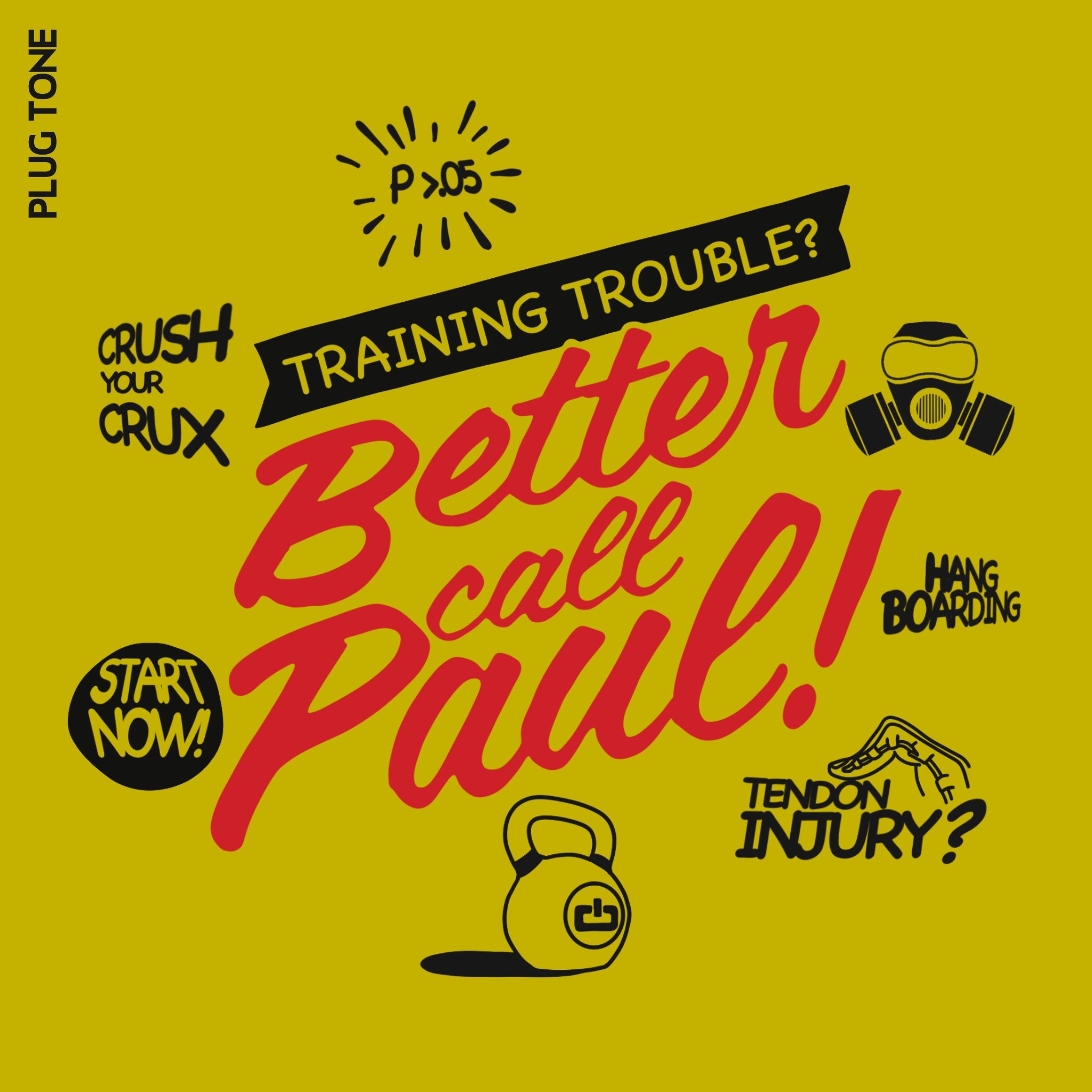


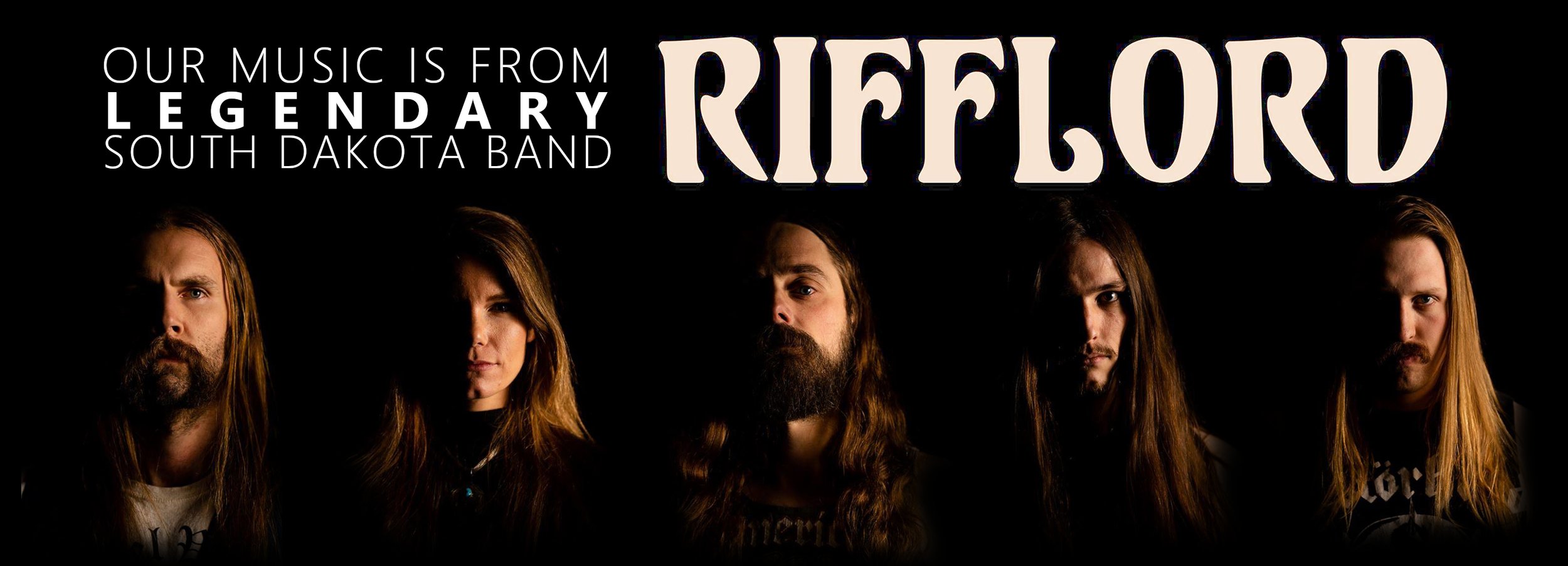
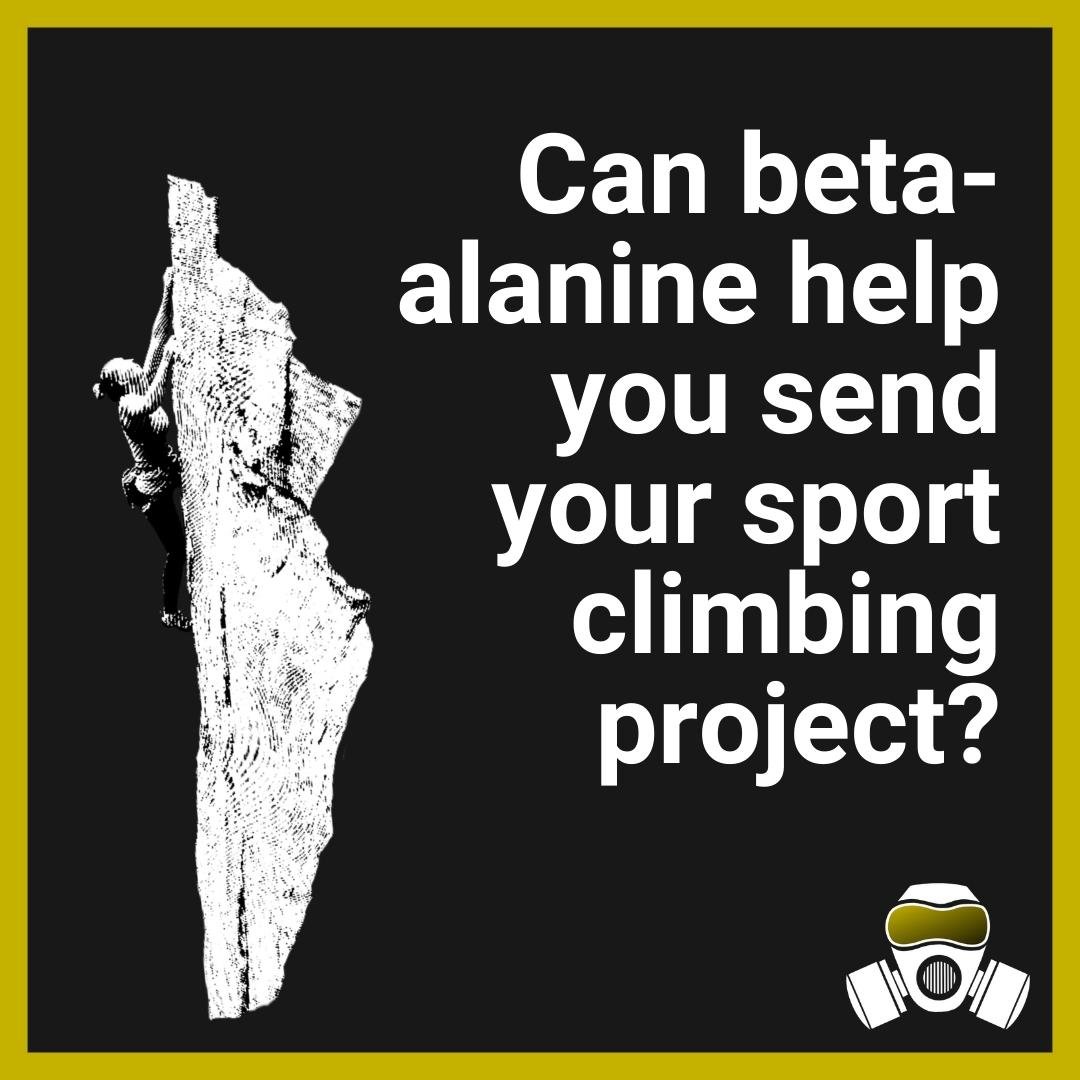
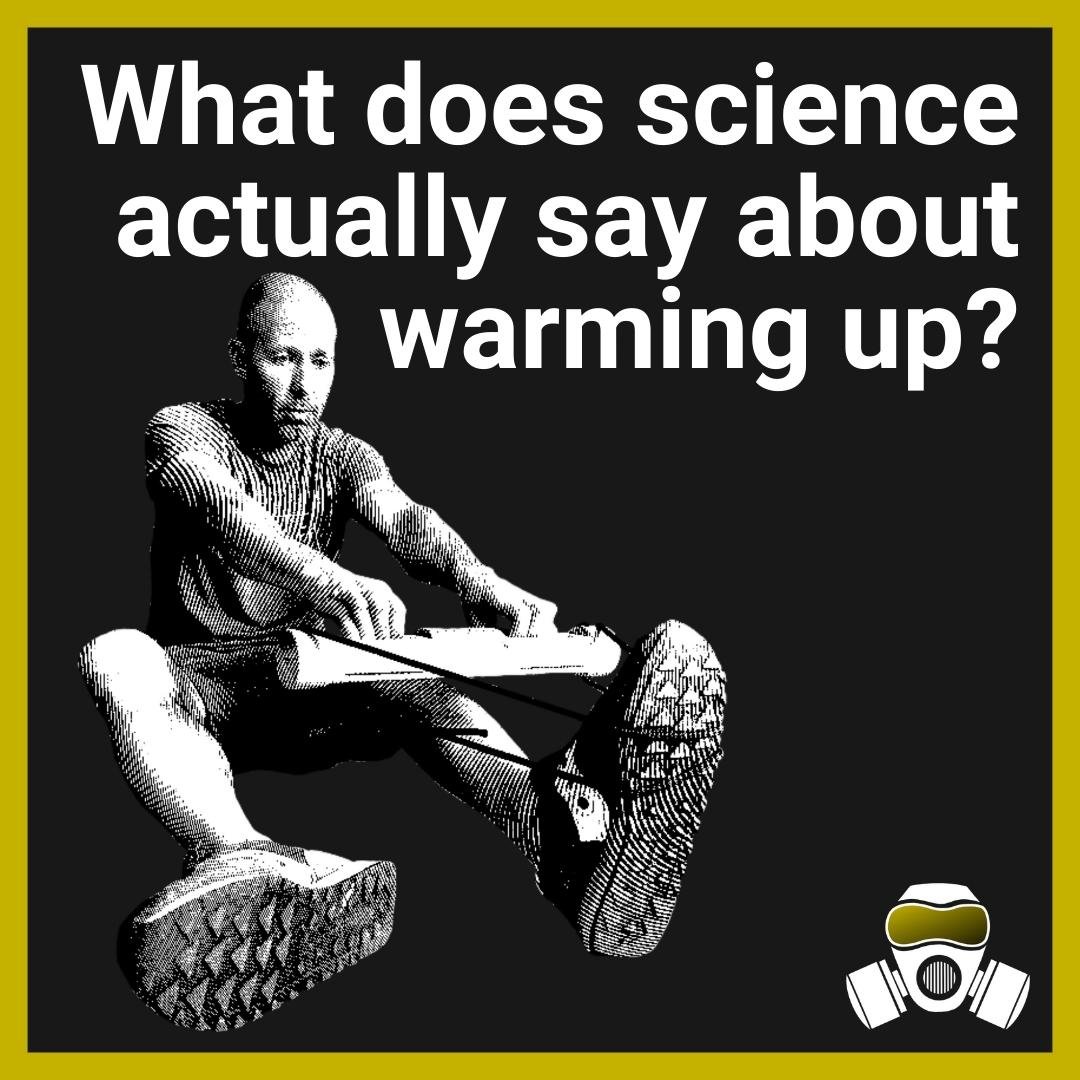
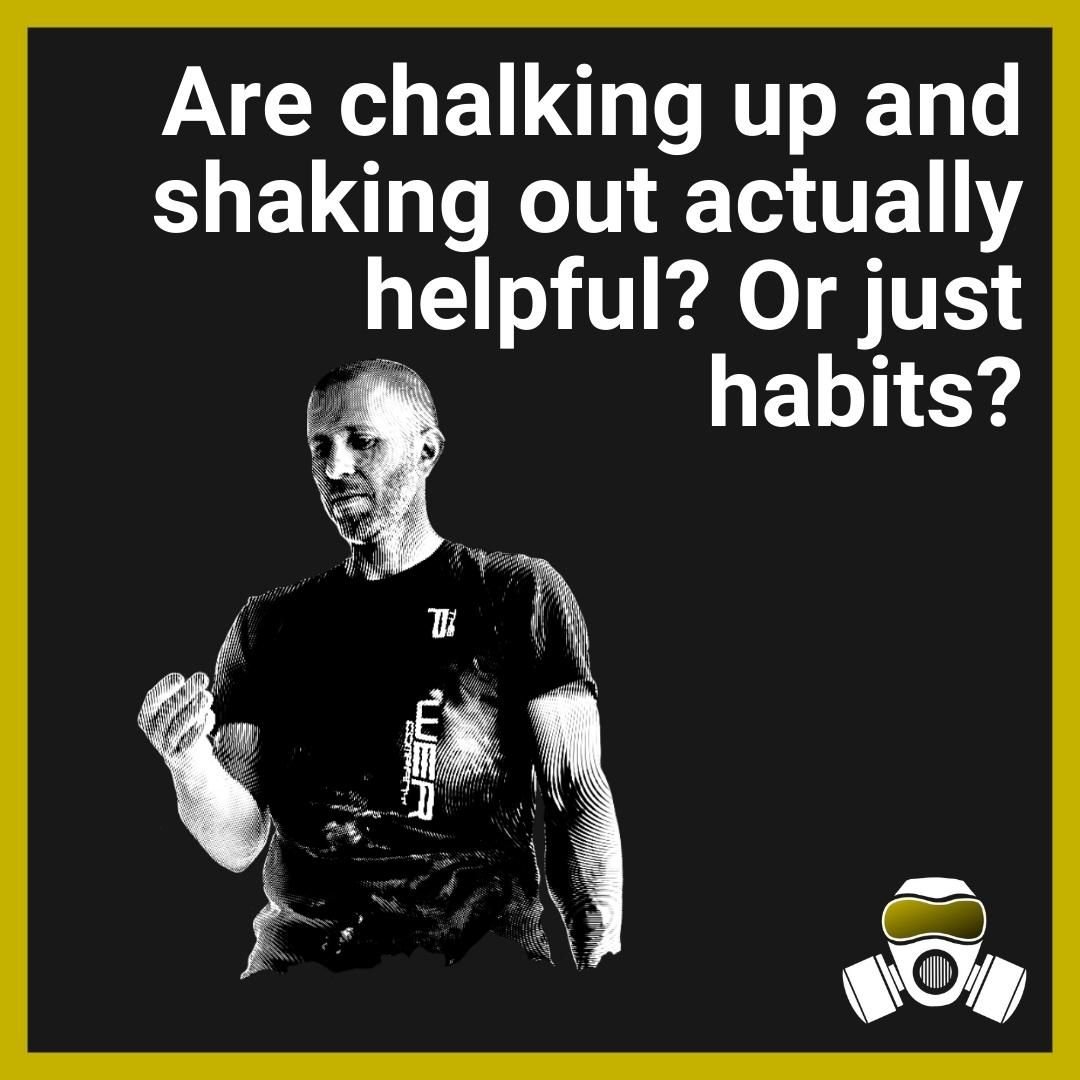
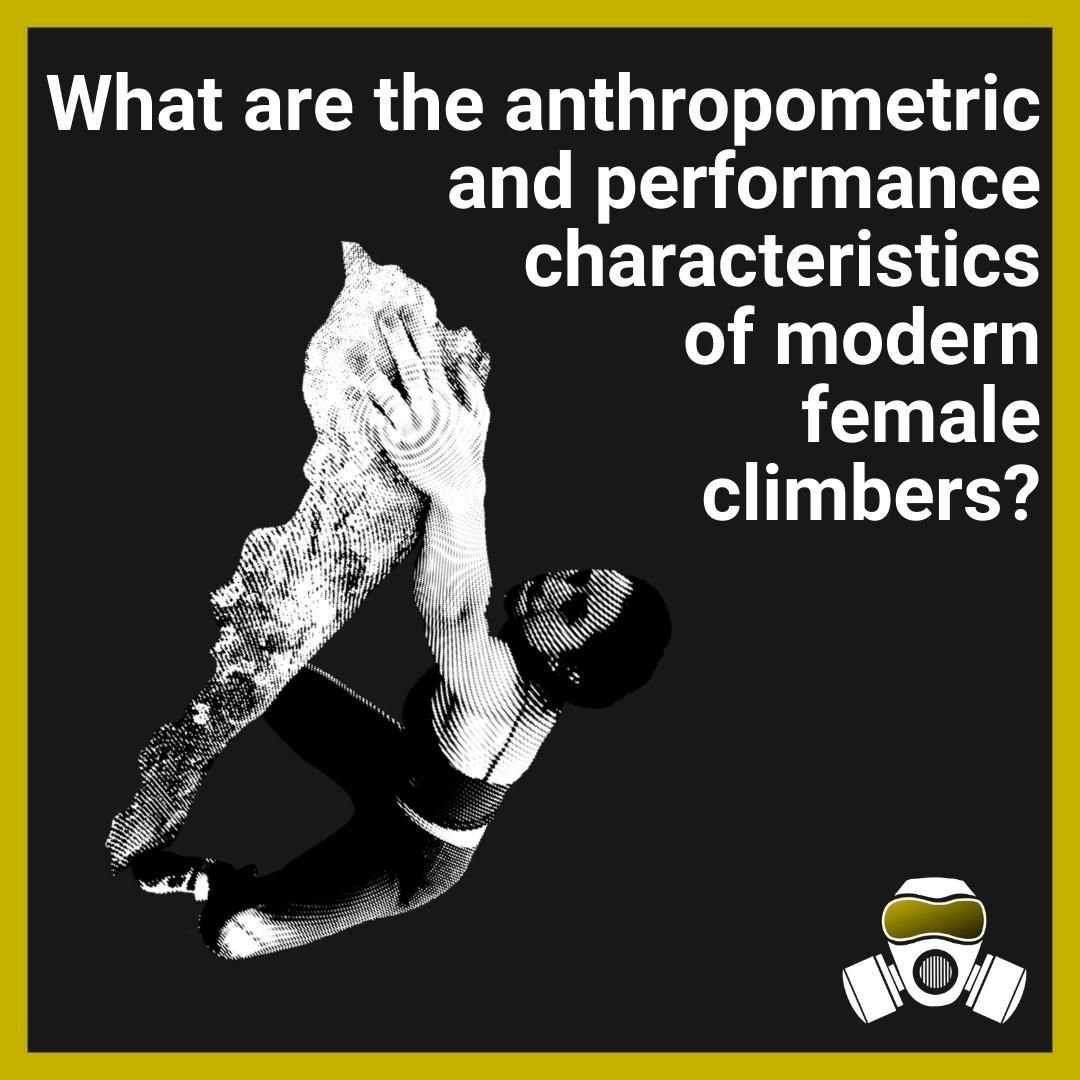
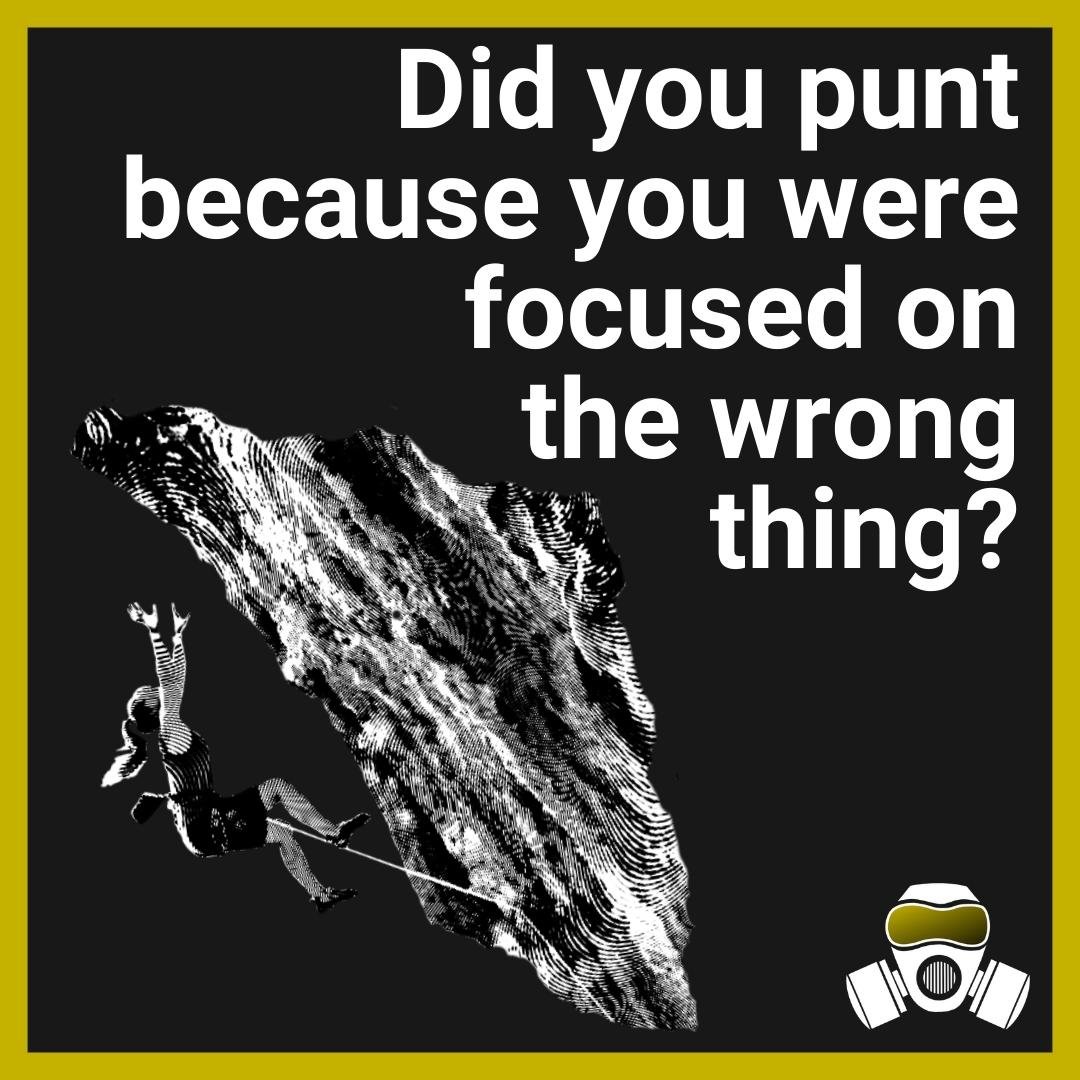
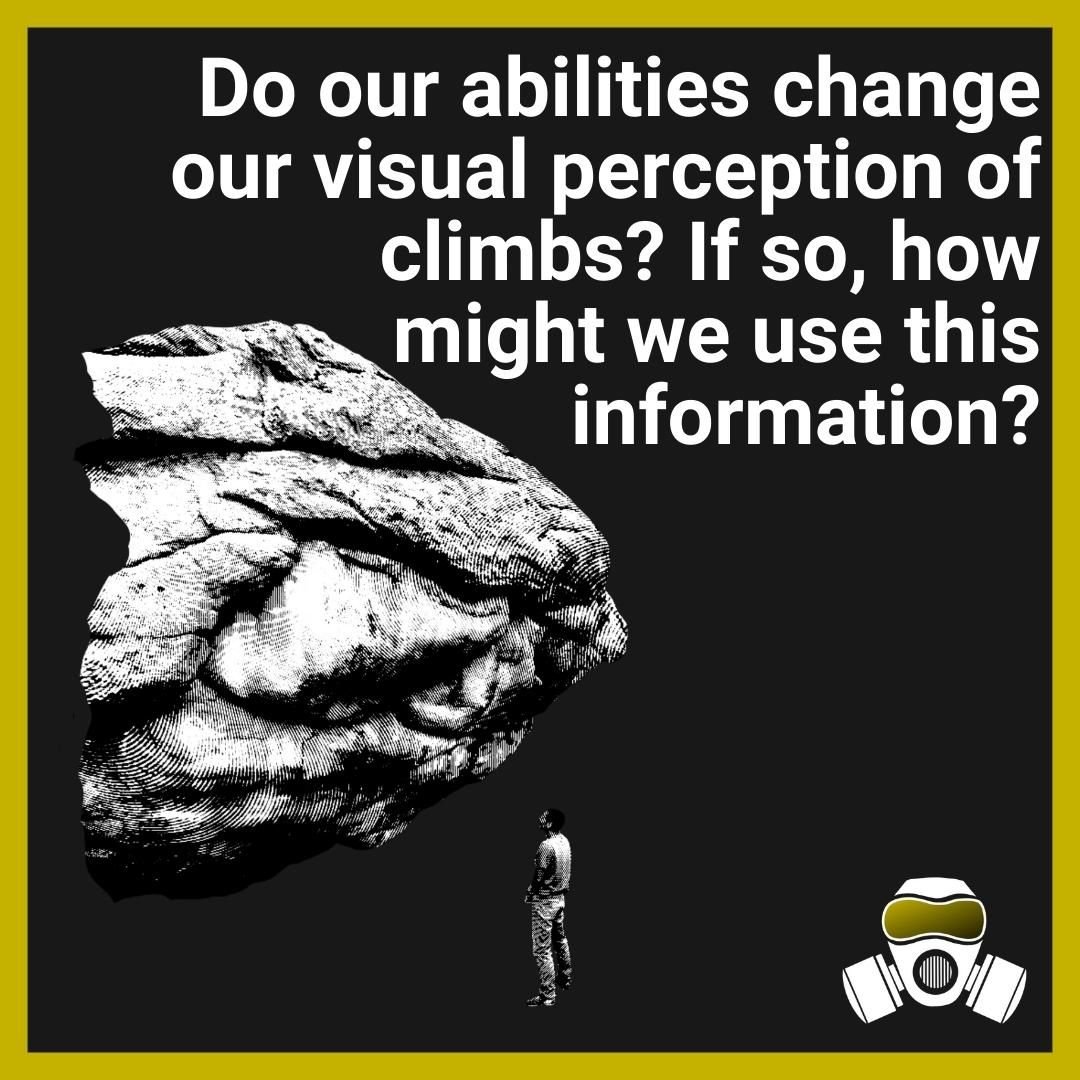
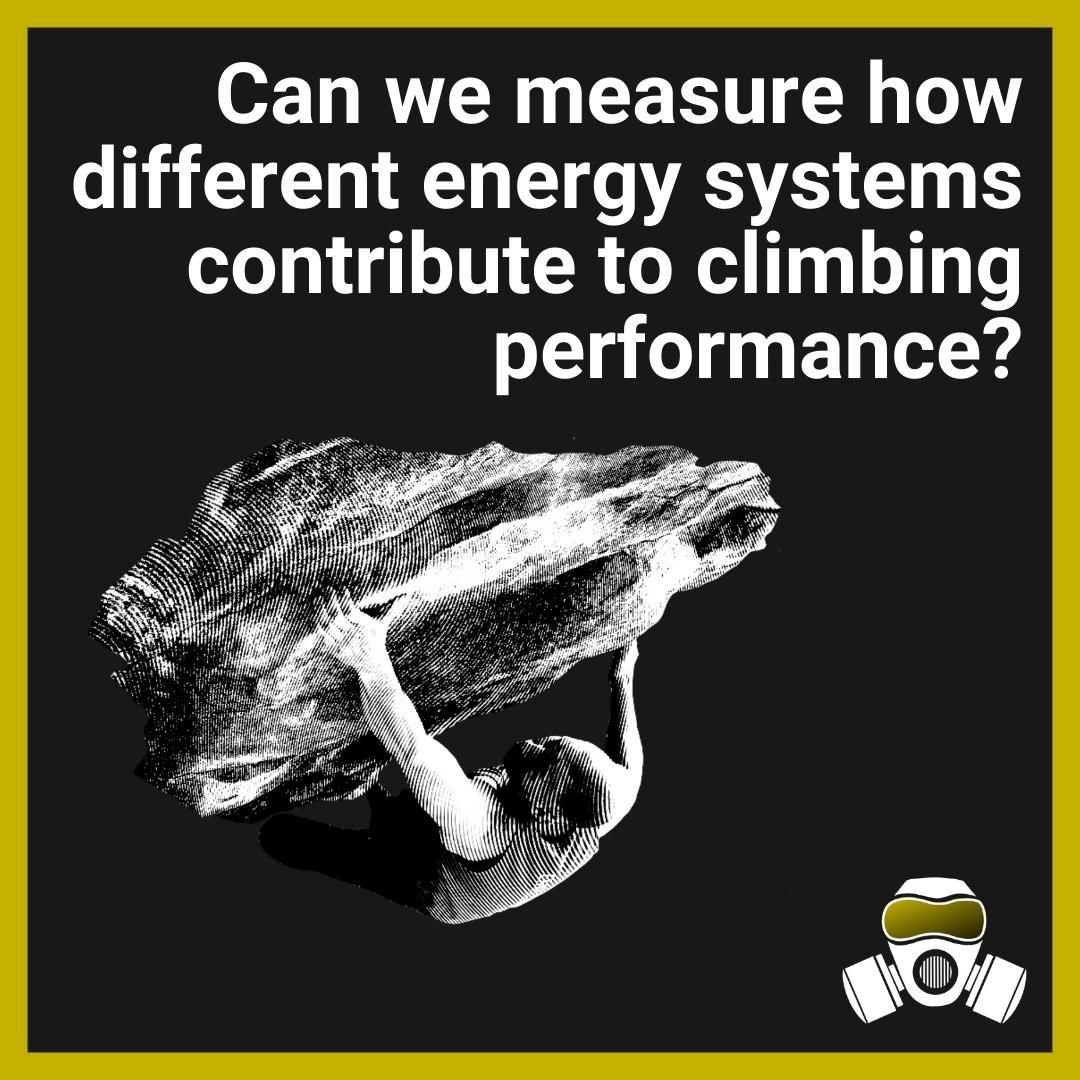
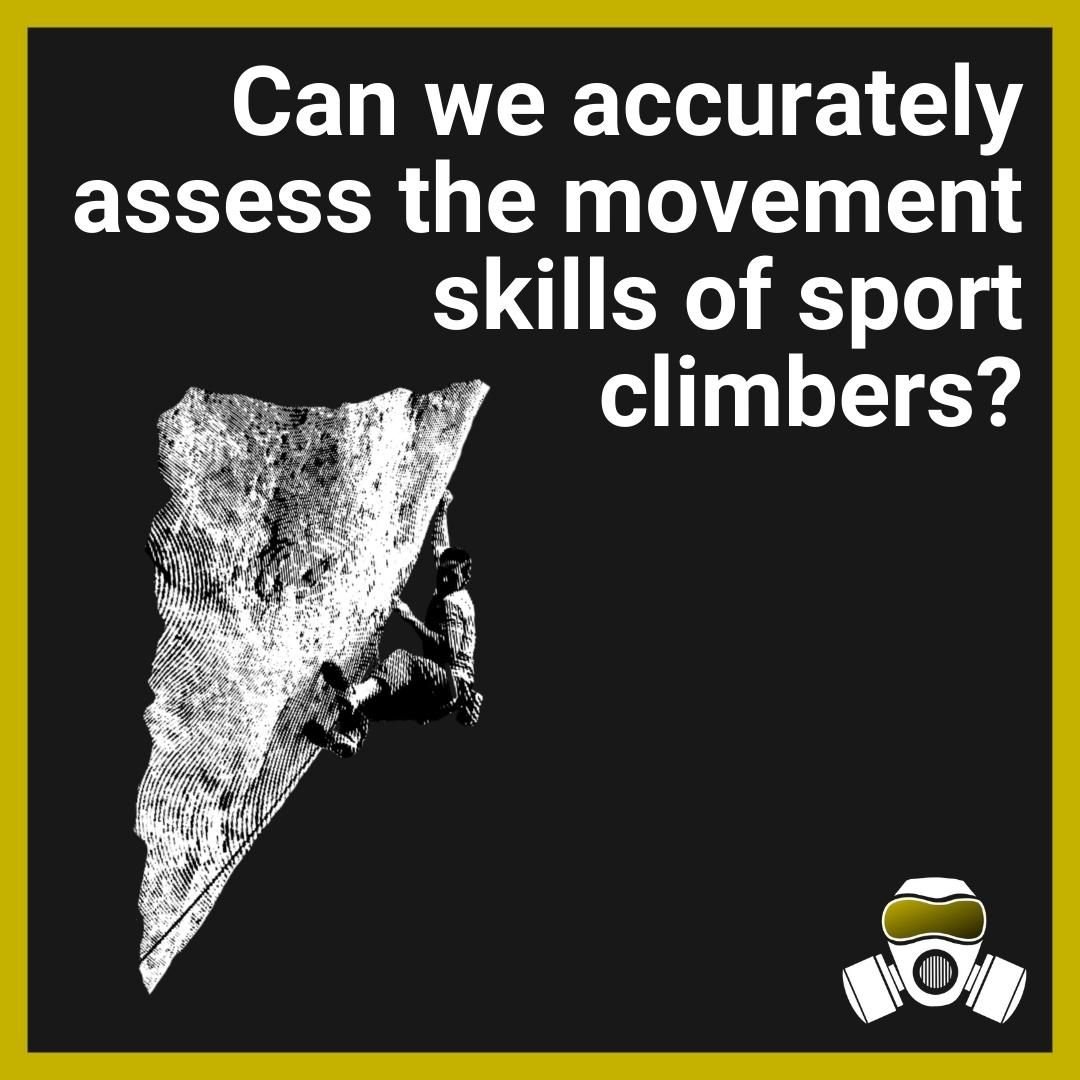
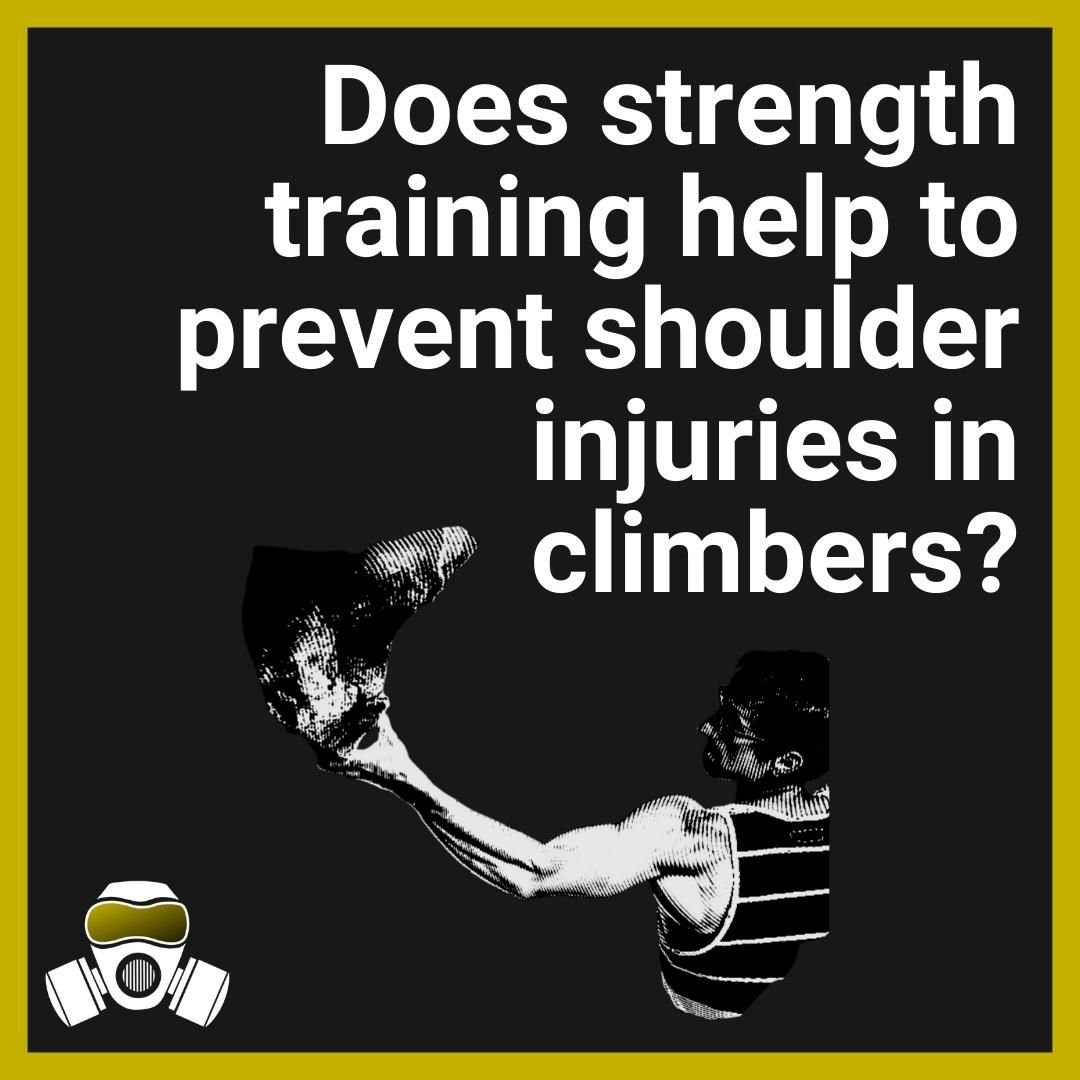







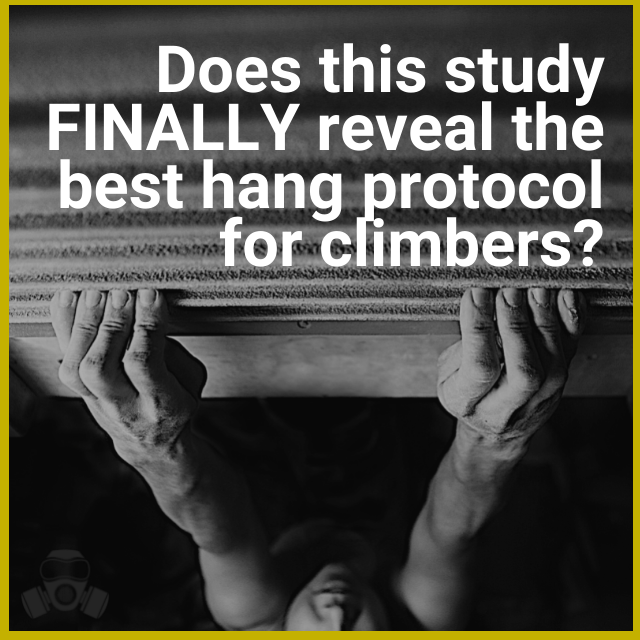
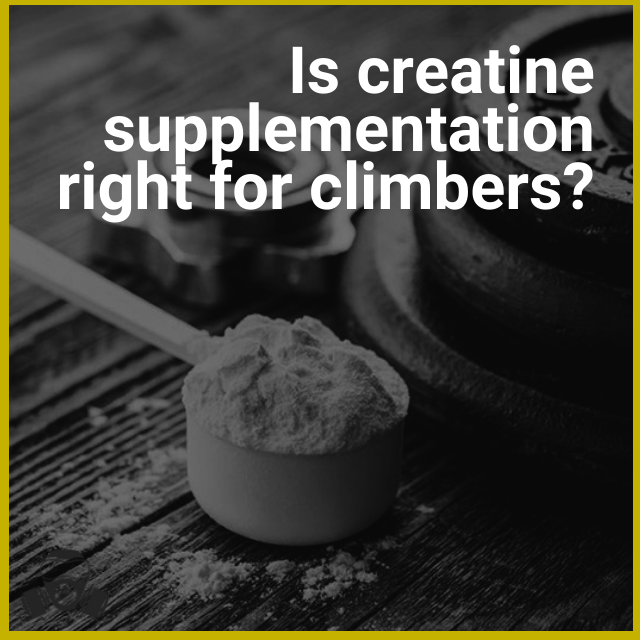

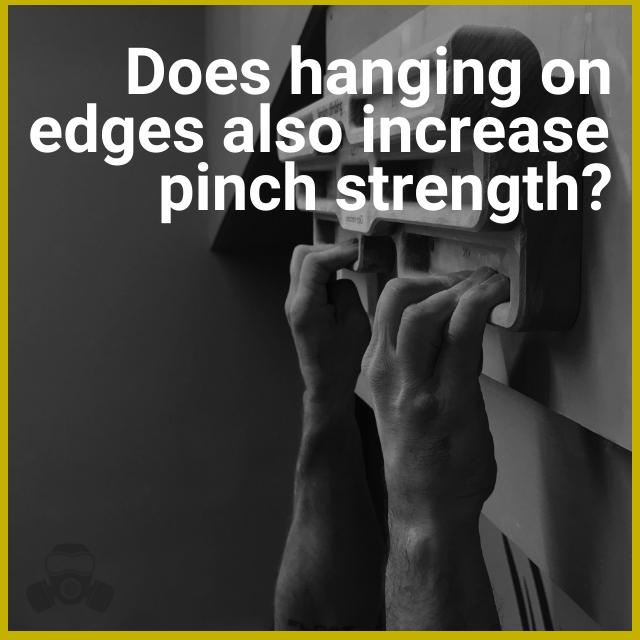
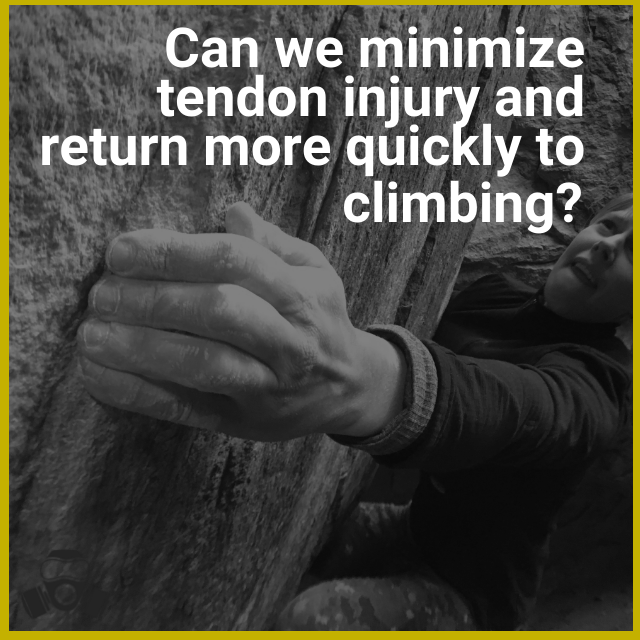
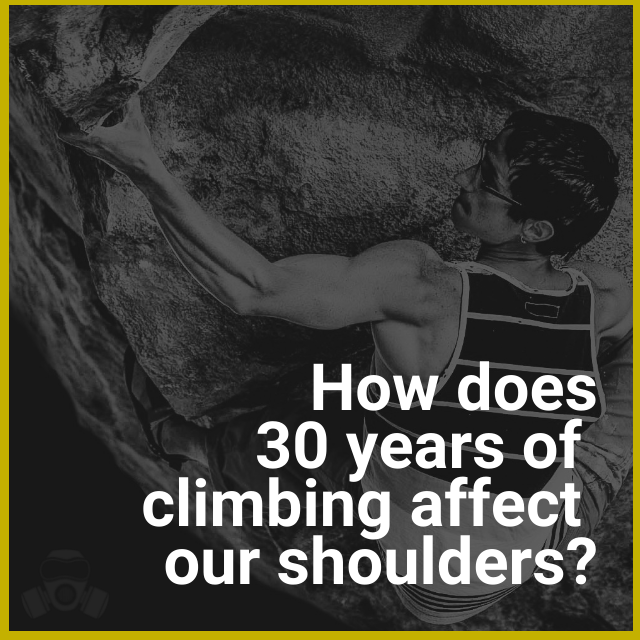

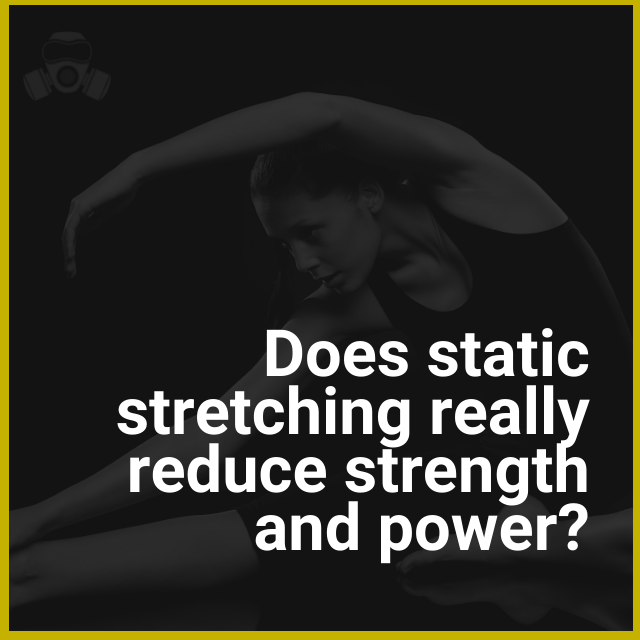



Kris and Paul dig into a paper that presents and then tests a method for measuring movement skills in sport climbing.